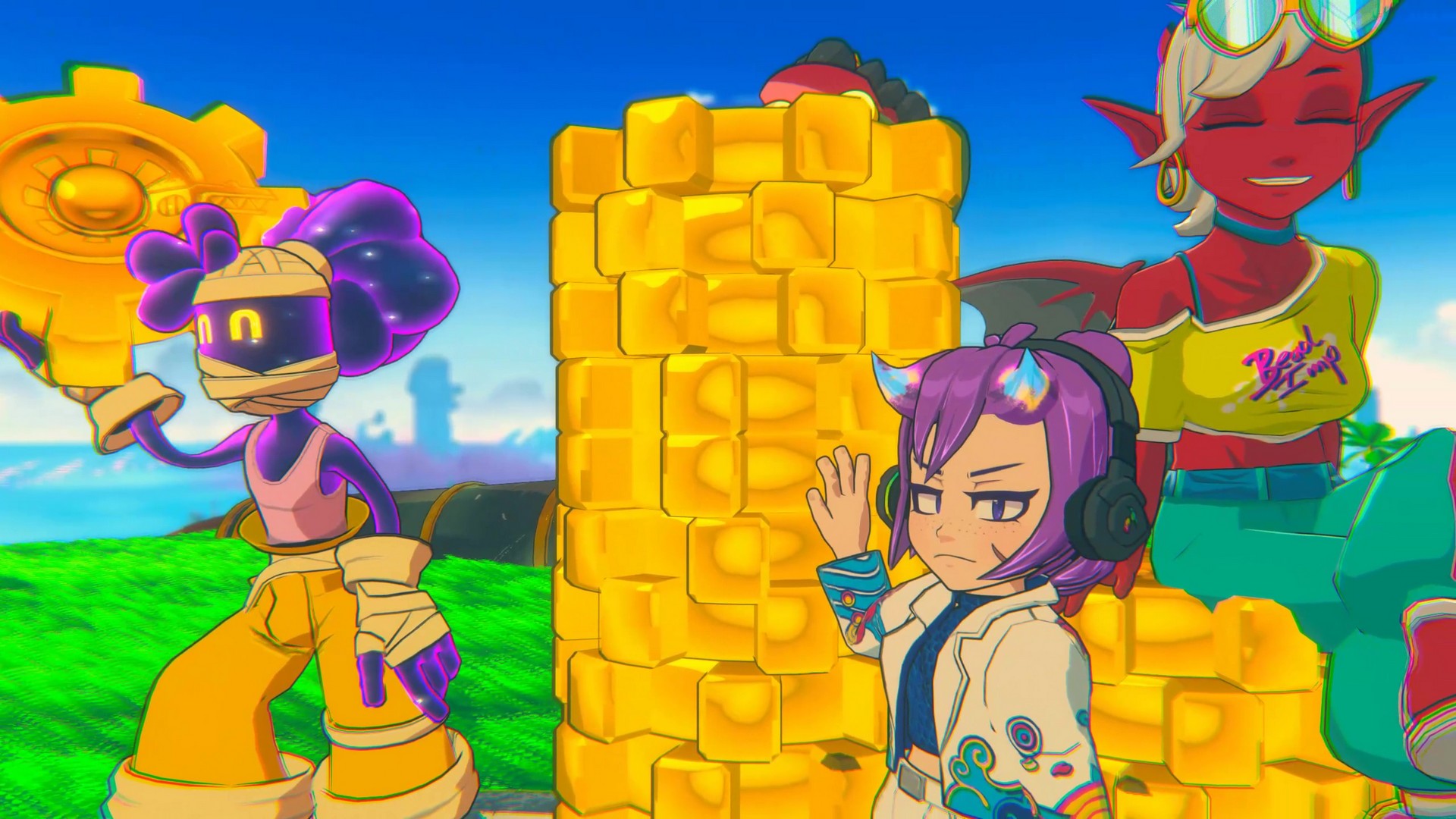When does difficulty become un-fun? Dev says their game has moments of "intentional bulls***" but the trick to difficulty is making the player feel it's their fault they failed
Interview | Baby Steps gives you full control over your own failures
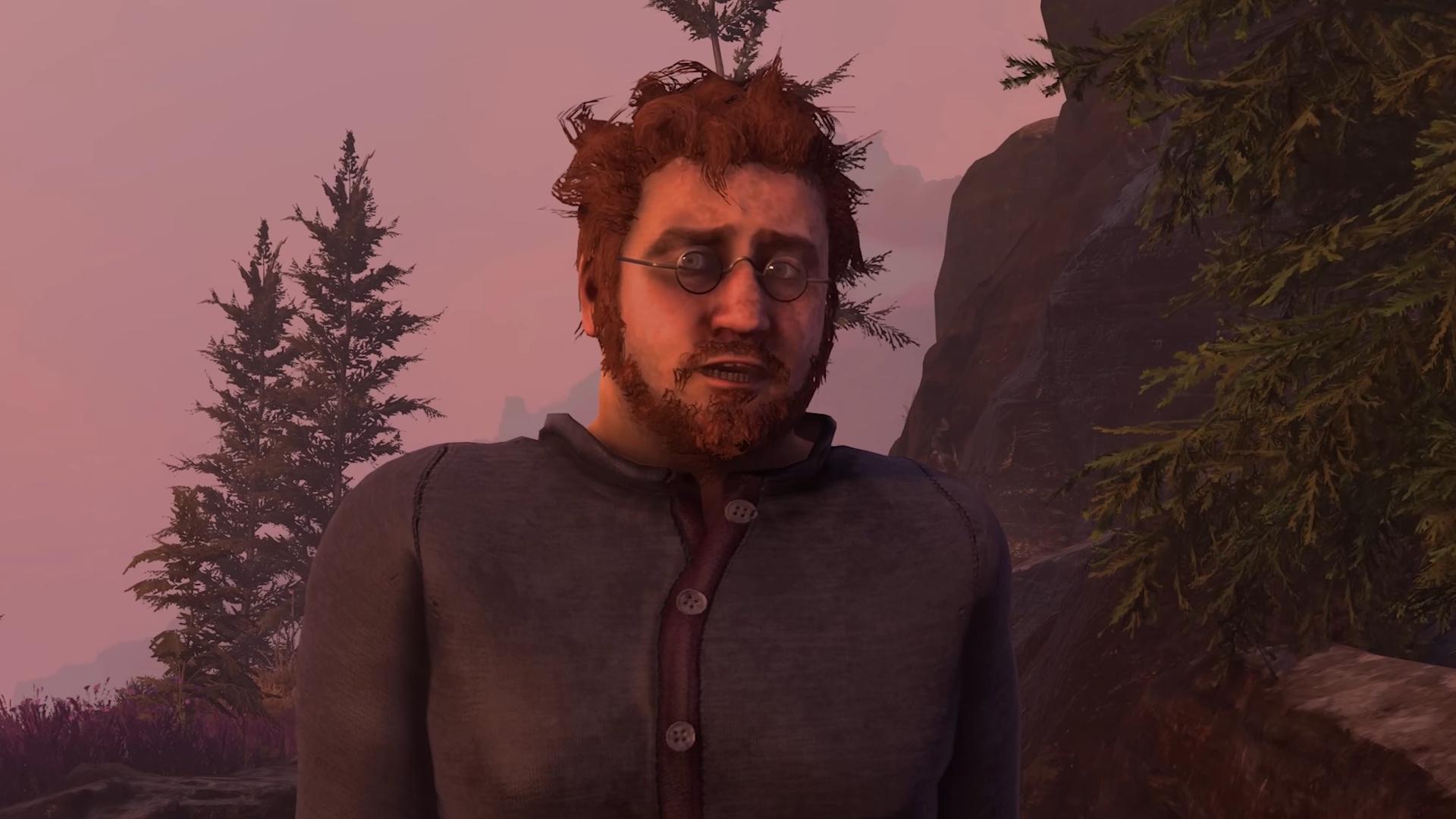
Weekly digests, tales from the communities you love, and more
You are now subscribed
Your newsletter sign-up was successful
Want to add more newsletters?

Every Friday
GamesRadar+
Your weekly update on everything you could ever want to know about the games you already love, games we know you're going to love in the near future, and tales from the communities that surround them.

Every Thursday
GTA 6 O'clock
Our special GTA 6 newsletter, with breaking news, insider info, and rumor analysis from the award-winning GTA 6 O'clock experts.

Every Friday
Knowledge
From the creators of Edge: A weekly videogame industry newsletter with analysis from expert writers, guidance from professionals, and insight into what's on the horizon.

Every Thursday
The Setup
Hardware nerds unite, sign up to our free tech newsletter for a weekly digest of the hottest new tech, the latest gadgets on the test bench, and much more.

Every Wednesday
Switch 2 Spotlight
Sign up to our new Switch 2 newsletter, where we bring you the latest talking points on Nintendo's new console each week, bring you up to date on the news, and recommend what games to play.

Every Saturday
The Watchlist
Subscribe for a weekly digest of the movie and TV news that matters, direct to your inbox. From first-look trailers, interviews, reviews and explainers, we've got you covered.

Once a month
SFX
Get sneak previews, exclusive competitions and details of special events each month!
We said in our Baby Steps review that this bizarre, very literal walking sim can be brutal, uneven, and disheartening, yet it still scored pretty highly because of its surprising world, excellent walking mechanic, and the satisfaction baked into its difficulty. The game is, knowingly and confidently, divisive. And it has found its audience, reviewing solidly across the board and especially on Steam.
Last month, I spoke to veteran designer Gabe Cuzzillo, joined by Bennett Foddy and Maxi Boch on the Baby Steps development team, about the nature of difficulty in games. The interview serendipitously landed smack in the middle of Hollow Knight: Silksong launch fever, with millions of players getting curb-stomped by Team Cherry's vicious little game and pondering the fickle scales of difficulty.
No accident
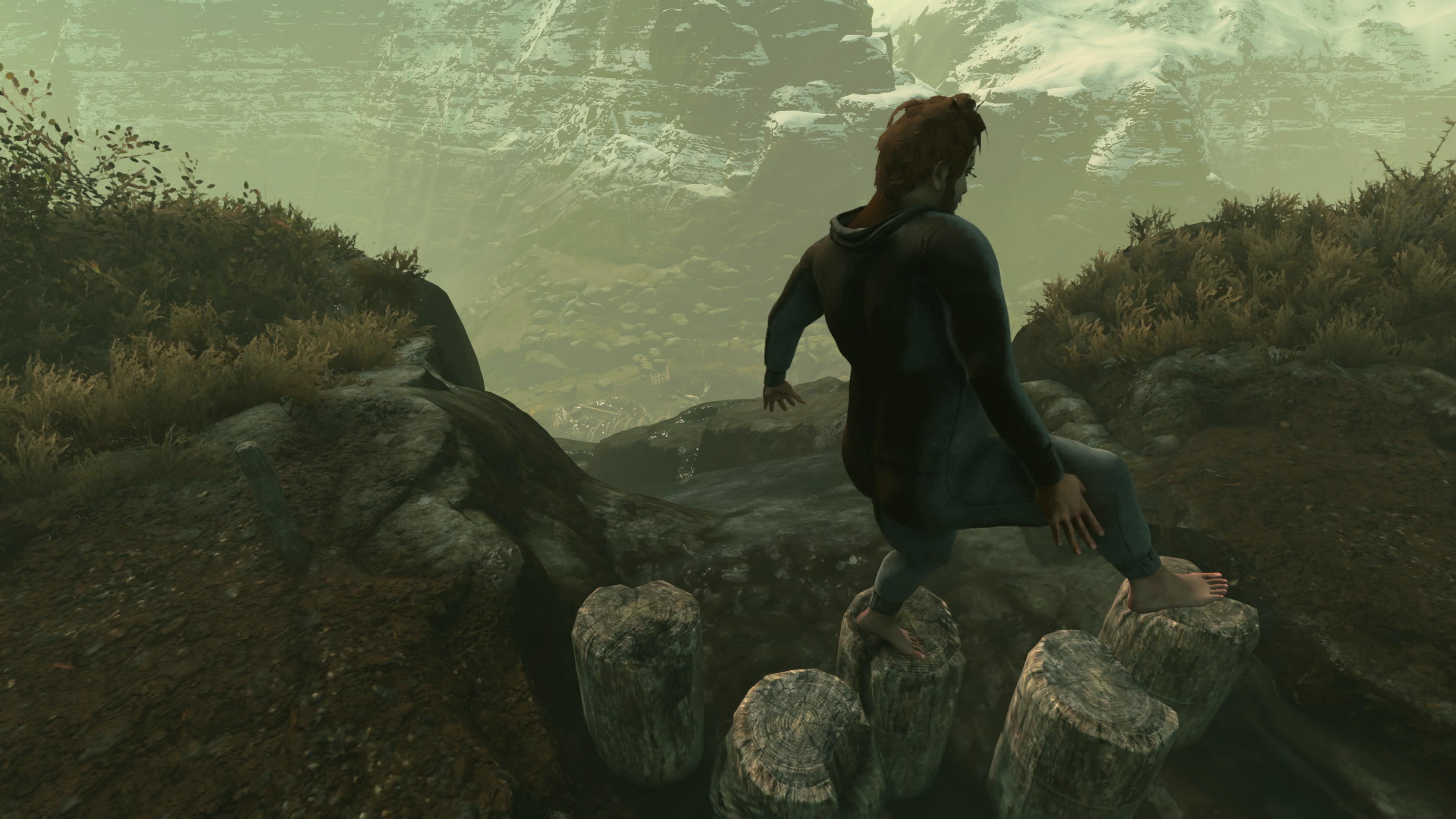
Baby Steps is hard in a different way to Silksong, but it can certainly frustrate. I asked Cuzzillo if, in play tests, he'd find sections that he knows are bullshit, but maybe that's the whole point, they must be brutal, so they stay that way.
"Well, I tried my best to have it not feel like bullshit," he begins. "I think there are a couple of moments in the game where there's intentional bullshit. There's one specific moment where it's like a prank almost. There's no way you could have seen this coming, but it's funny, and there's nothing you can do about it, and it's a little like it's a joke."
This rare, purposeful extreme proves the rule: you should know what's coming and you should feel like you have the means to handle it. That way, when you fail, you can recognize that it's your fault and you can see how you might clear that challenge, rather than blame it on an inherent flaw in the game. This thing should be overcome, not simply tolerated. And when you fail in Baby Steps, tumbling down an unforgiving mountain, Cuzzillo says there is usually "some other way to go or something else to explore that will still bring you around to where you need to be," which helps soften the blow.
When you're frustrated, you're going to start feeling like, 'Oh man, that was bullshit.' No matter how not-bullshit it was.
Gabe Cuzzillo
"For the most part, a huge amount of time over the last five years, I have spent trying to remove what I feel is bullshit from the walking system, and trying to make it feel like every time that you fall, there's a reason why you fell, and it makes sense, and it wasn't just random," Cuzzillo says. "And it's really hard with this, with a physics game, and with a game where it's a little bit hard to see everything that you're doing because it's third-person, your body is in the way, and you're trying to kind of manipulate your body in a complicated way, and to have it feel consistent and good and like it's your fault when you fall down.
"I think a lot of people will still think there's bullshit, and will still find there to be bullshit in the game, because when you're frustrated, you're going to start feeling like, 'Oh man, that was bullshit.' No matter how not-bullshit it was. I do this too. That's just a part of life. But I have tried my best to have it actually not be bullshit."
Weekly digests, tales from the communities you love, and more
Despite all my rage
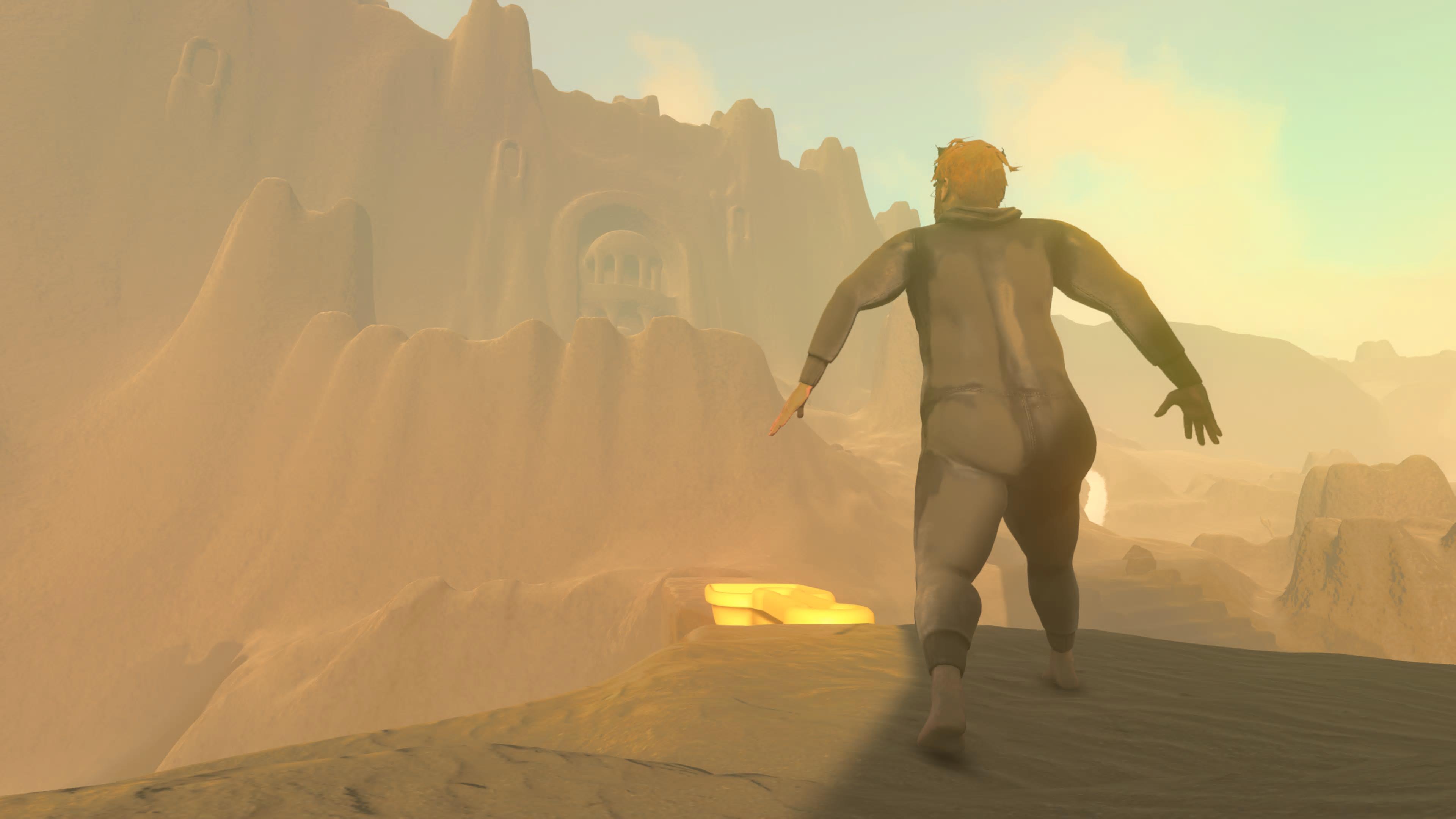
Even playing his own game, Cuzzillo admits that the classic gamer frustration can still set in. "I think that gives it a different character when it's us who has done it," he says. "When I am personally, at least partially, responsible, it definitely changes it." He mentions a nefarious climbing section added by Foddy, which was a nightmare to balance and tune for the walking system due to its many tiny footholds, and which sparked intense internal races. "I couldn't beat his time," Cuzzillo laments.
"There have been little versions of that over and over and over again where it's like, there's a situation that I, as a player, feel like, obviously this should work one way, and it doesn't work. And then I go and figure it out one way or another."
I asked if he feels there's a point where difficulty can become too punishing and actively un-fun. Whenever a game like Silksong comes along, there are almost always naysayers, and they make some fair points (I like Hollow Knight more, too). But Cuzzillo says his reaction to exceptionally tough games "usually isn't that, 'Oh, this is a problem with the game' or something. Usually, my experience is like, 'Hey, this is not where I'm at in my life right now.'"
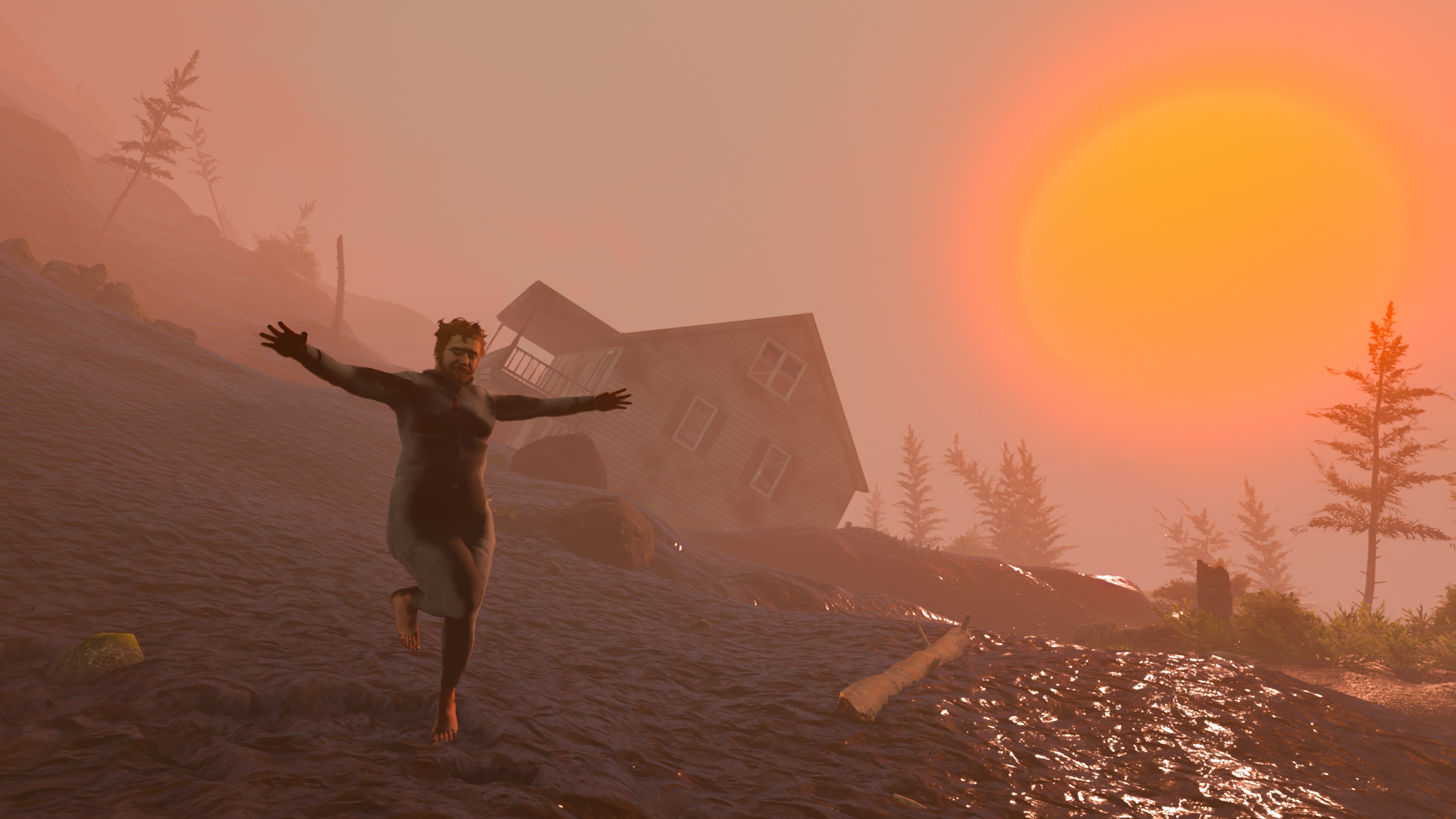
He points to the high-level sudoku puzzles he's been trying, puzzles that are "definitely too hard for me" and that he may only crack, or give up on, after an hour of staring at them. "Maybe that example is, in a certain way, too pure," he admits. "And because video games are not pure challenges the way that sudokus are, it's different because there is this whole experiential element, and there's an element of a world and a story and all these other aspects to it that people are oriented to."
Cuzzillo bounced off Rain World, maybe his favorite game, four times before he could finally break through and have "this magical experience with it." He also points to an inspirational game called My Summer Car, an irresponsibly granular car tuning sim that hides a permadeath life sim behind layers of painstaking mechanics that can and will utterly ruin you over minor mistakes.
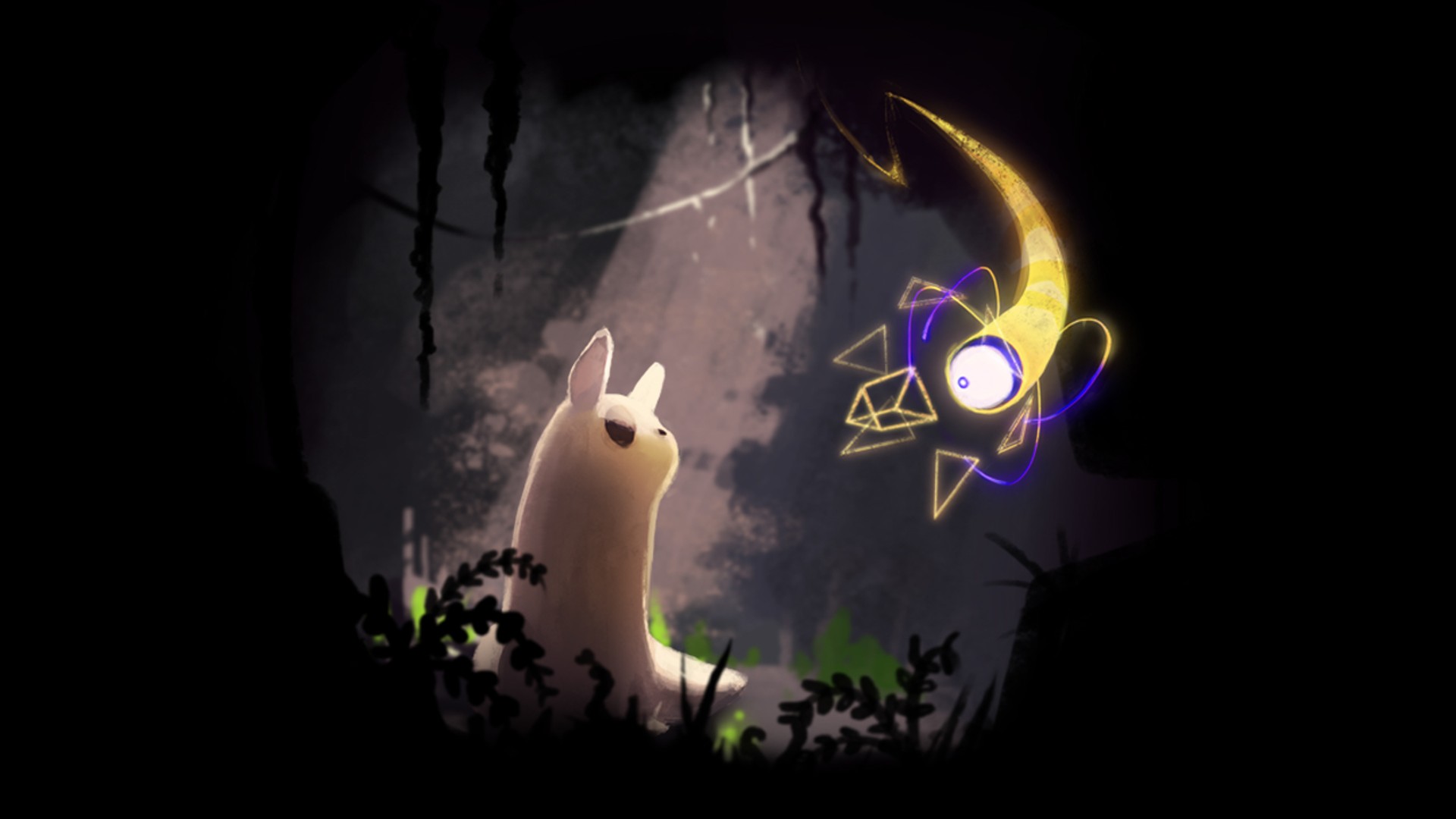
His thoughts on difficulty as a barrier remind me of discussions I've seen in the Hollow Knight and now Silksong community, and funnily enough, he was playing Silksong himself at the time. He doesn't necessarily argue that there's no such thing as a game being too hard, and some of those games may simply not be to his taste, but he also doesn't boil it down to arguments that may treat these obstacles as objectively bad game design.
"I feel like when I bounce off a game, it's hard to know, was this just stupid?" Cuzzillo wonders. "Was this just a wall for no reason that's preventing me from accessing all of the delicious juice of the rest of the game, or is what I'm hitting my head against the juice itself? And only when I can kind of come to terms with that in one way or another, and surpass it, will I be able to access what's beautiful about the game. Or maybe there isn't any juice. Maybe it's just very hard and it's not that interesting at all.
"It's a little bit hard to disambiguate those things when you aren't at the level yet, you know? For me, I don't really feel judgmental when I come up against things that I find too difficult to do. I think it's interesting."

Austin has been a game journalist for 12 years, having freelanced for the likes of PC Gamer, Eurogamer, IGN, Sports Illustrated, and more while finishing his journalism degree. He's been with GamesRadar+ since 2019. They've yet to realize his position is a cover for his career-spanning Destiny column, and he's kept the ruse going with a lot of news and the occasional feature, all while playing as many roguelikes as possible.
You must confirm your public display name before commenting
Please logout and then login again, you will then be prompted to enter your display name.
